R&D Engineer position: A Holistic Approach for Designing Carbon-Aware and Energy-Aware Cloud applications -
Application deadline: March 23rd, 2023
Practical information
Start: June 2023 or September 2023
Duration: 12 to 18 months (CDD)
Supervision: Thomas Ledoux, IMT Atlantique, thomas.ledoux@imt-atlantique.fr and Baptiste Jonglez, Inria, baptiste.jonglez@inria.fr
Team: Stack
Location: IMT Atlantique, Nantes
Salary: from 2800 € / month gross salary (depending on diploma and experience)
Benefits: social security coverage, 2 days of remote work per week, partial reimbursement of public transport costs, vocational training
To apply, send a CV and a cover letter to thomas.ledoux@imt-atlantique.fr and baptiste.jonglez@inria.fr, we will then schedule an interview.
Job description
Reducing the energy and carbon footprint of digital systems is a key element in achieving a sustainable digital world. For datacenters, most existing work focus on the infrastructure: improving the energy efficiency of hardware, consolidating physical resources to shut down unused resources, powering datacenters with renewable energy, performing energy-aware scheduling of tasks… However, an implicit assumption in many of these work is to consider the application as a “black box payload” that is unaware of the underlying infrastructure.
We believe that closer cooperation between the application software (e.g., a SaaS application) and its underlying IT infrastructure can lead to interesting results. For example, the infrastructure could dynamically inform the application about its energy and carbon footprint, as well as energy-related constraints of the infrastructure (such as current and anticipated availability of low-carbon energy). As a result, the application could optimize its carbon footprint by dynamically scale up or down its resource usage, potentially reducing its overall performance in a controlled way, or deferring non-urgent batch processing tasks to future times when a large amount of low carbon energy is available.
This holistic approach to energy efficiency is promising but brings a number of challenges: which layers are most appropriate to implement such a cooperation mechanism (middleware, virtualization, orchestrator, etc.)? How to coordinate independent and very different control loops, such as an auto-scaling microservices application, a virtual machine scheduler and/or a batch job system?
This work takes place in the ecosystem of the Stack team, which focuses on the management and advanced usage of large-scale IT infrastructure. The work can be decomposed into two main objectives:
-
The first objective is to design and implement an energy-aware orchestrator for SaaS batch jobs by coordinating with the IaaS layer. Experiments will be performed on Seduce, our experimental platform that provides an instrumented and fully reconfigurable datacenter powered by solar panels. As part of this objective, a prediction model of the future availability of solar energy will have to be built.
-
The second objective is to provide a specific API for SaaS applications to collaborate with an energy-aware orchestrator to enable the entire stack (i.e., SaaS+IaaS layers) to reduce its carbon footprint. A use case of a SaaS application will be provided by the team. More concretely, we devise a coordination model between the different layers. First, the coordination can be driven by the energy optimization criteria. Then, performance, availability and Quality of Experience (QoE) are other criteria to be taken into account and a global trade-off must be made. To this end, the last objective is to design a SLA (Service-Level Agreement) component used by the different actors (infrastructure providers, application designers, end-users) and allowing to fine-tune the trade-off between QoS criteria.
Finally, by combining the two contributions, the R&D Engineer will be able to propose a framework to reduce the carbon footprint of Cloud applications and provide different key performance indicators (KPI) on their QoS.
To validate the work, real-world experiments will be performed in a reproducible manner using EnOSlib.
Context
The OTPaaS project aims at the massive digitization of companies by offering a Cloud suitable for the digitization of the field that is compatible with Gaia-X and easy to use by companies including SMEs. The consortium brings together national end-users and technology providers from large corporations (Atos/Bull, Schneider Electric, Valeo) and SMEs (Agileo Automation, Mydatamodels, Dupliprint, Solem, Tridimeo, Prosyst, Twinswheel), with strong support from major French research institutes (CEA, Inria, IMT).
In the context of the OTPaaS project, the STACK research team from IMT Atlantique and Inria has several opening research positions for a duration between 18 and 36 months. Our goal: addressing the Cloud to IoT continuum for the industry sector through a dedicated software stack.
Profile and skills
The R&D Engineer must already hold a master degree or a PhD degree in Computer Science, with a solid background in Software Engineering and Distributed Systems. She/he must also have a (very) good knowledge and interest in Cloud computing, DevOps and Green computing. Knowledge of combinatorial optimization is an asset. In addition, strong programming skills are highly recommended.
Ideally, she/he must have good oral and written communication skills in English, with the aim to publish and present research results in high-level international journals and conferences. Autonomous, curious and strongly motivated candidates are expected.



